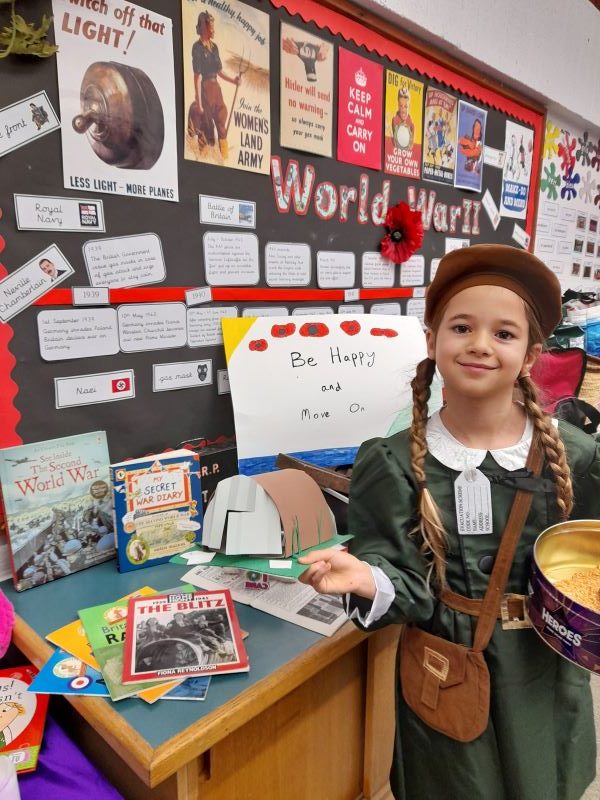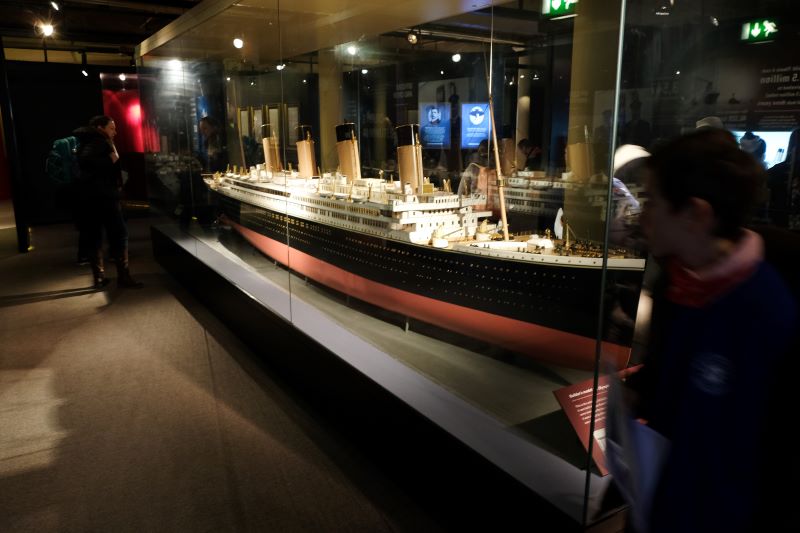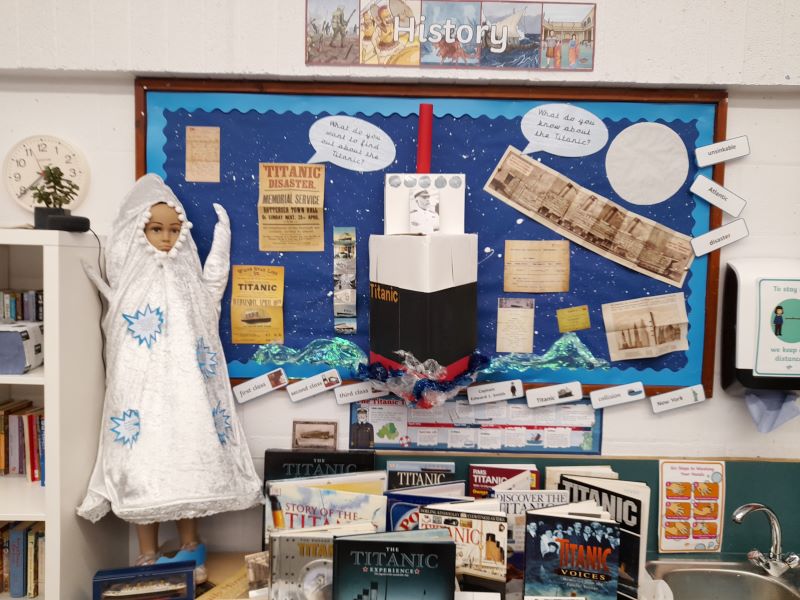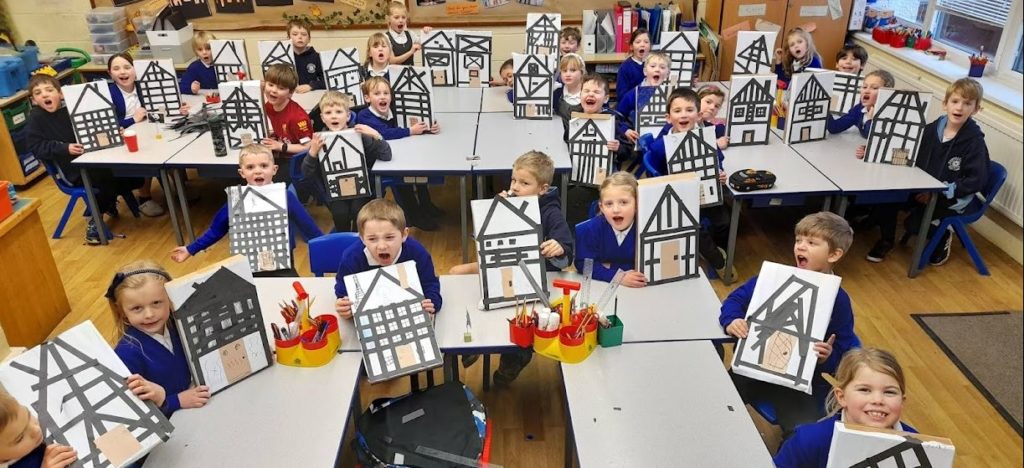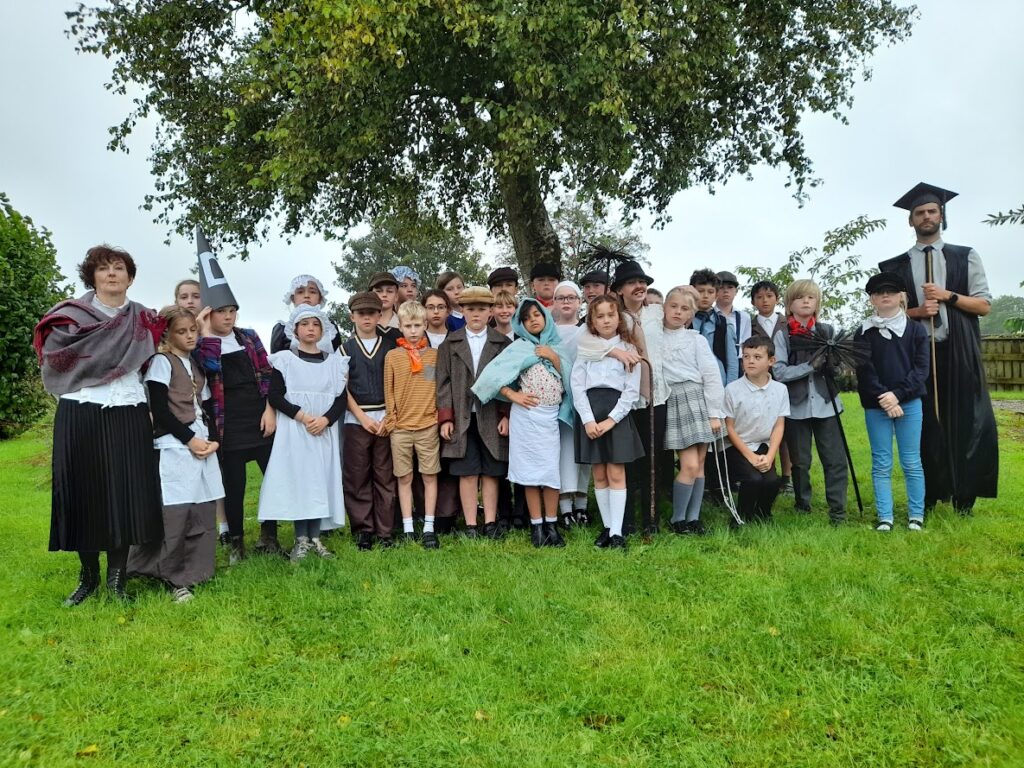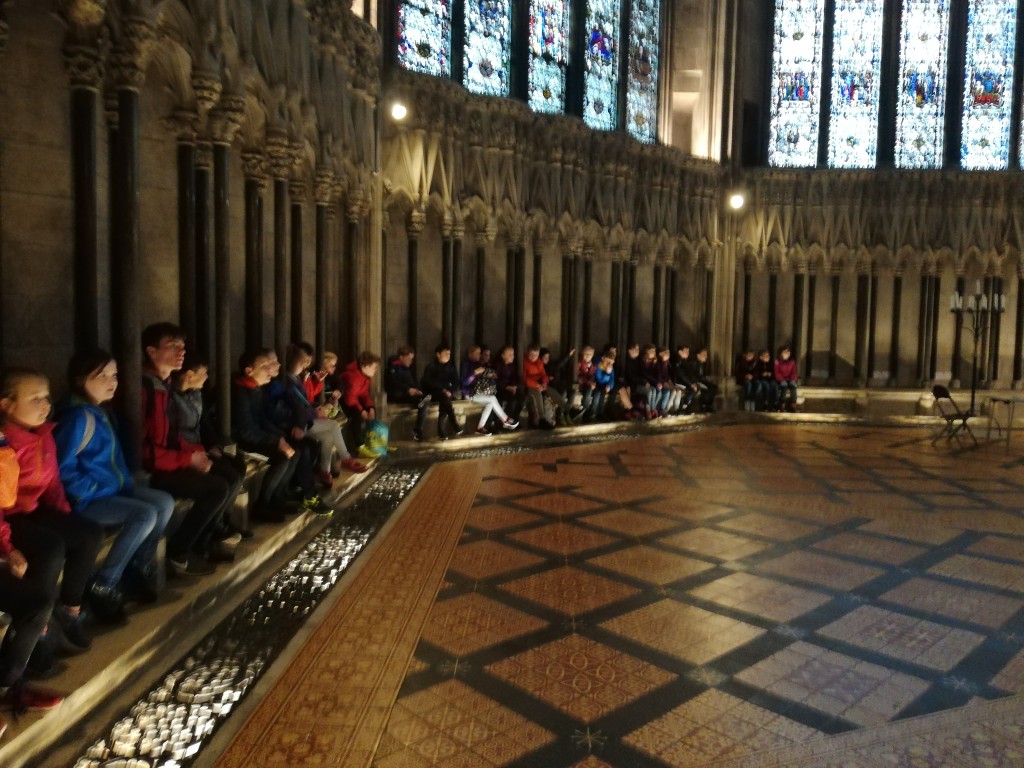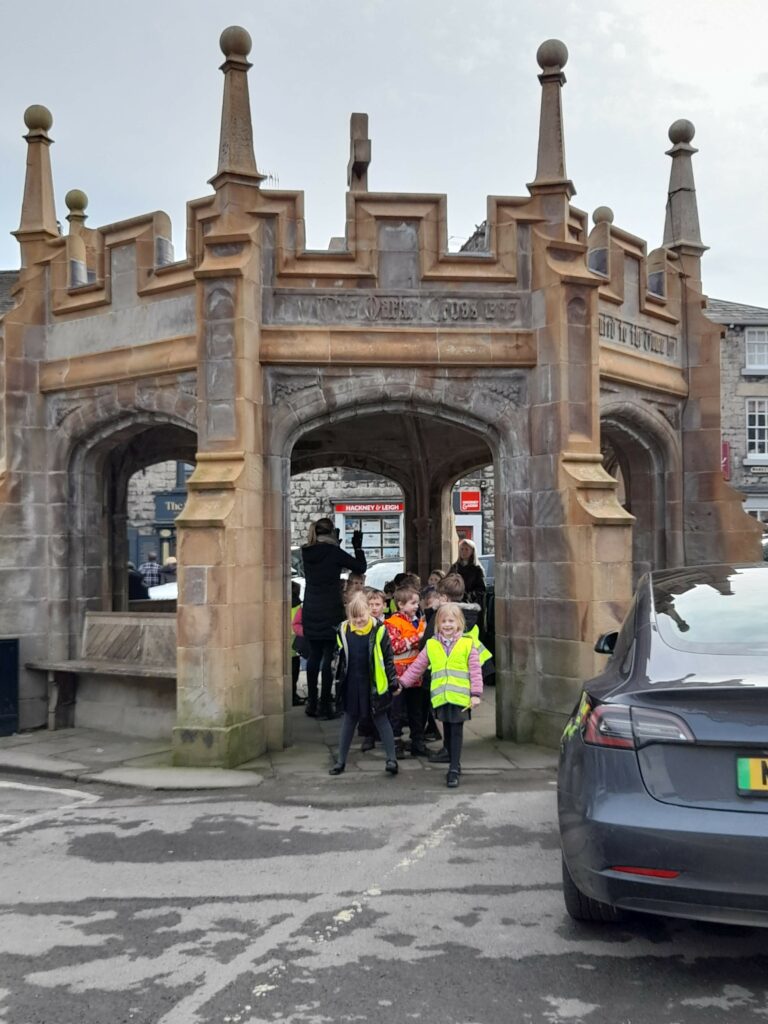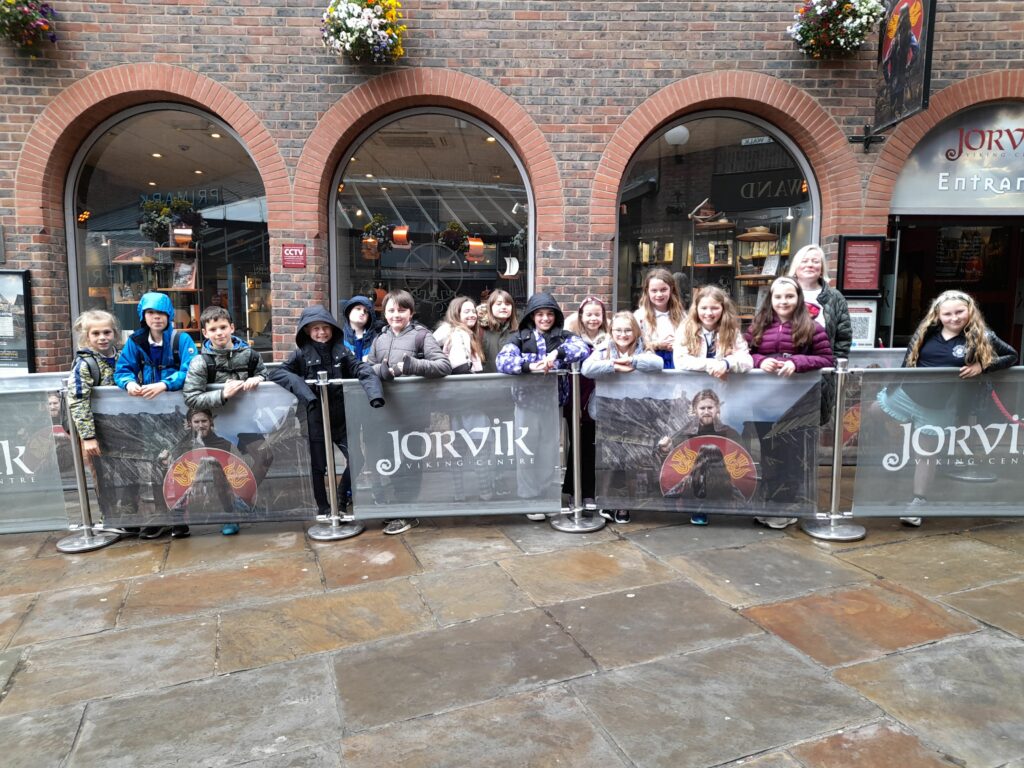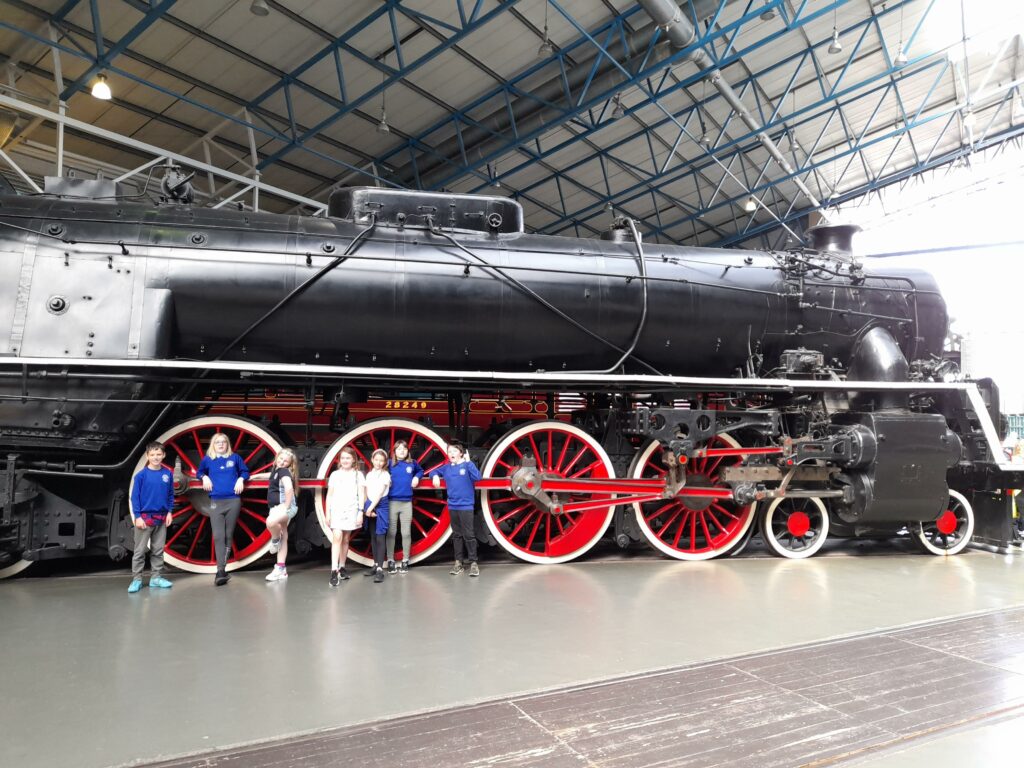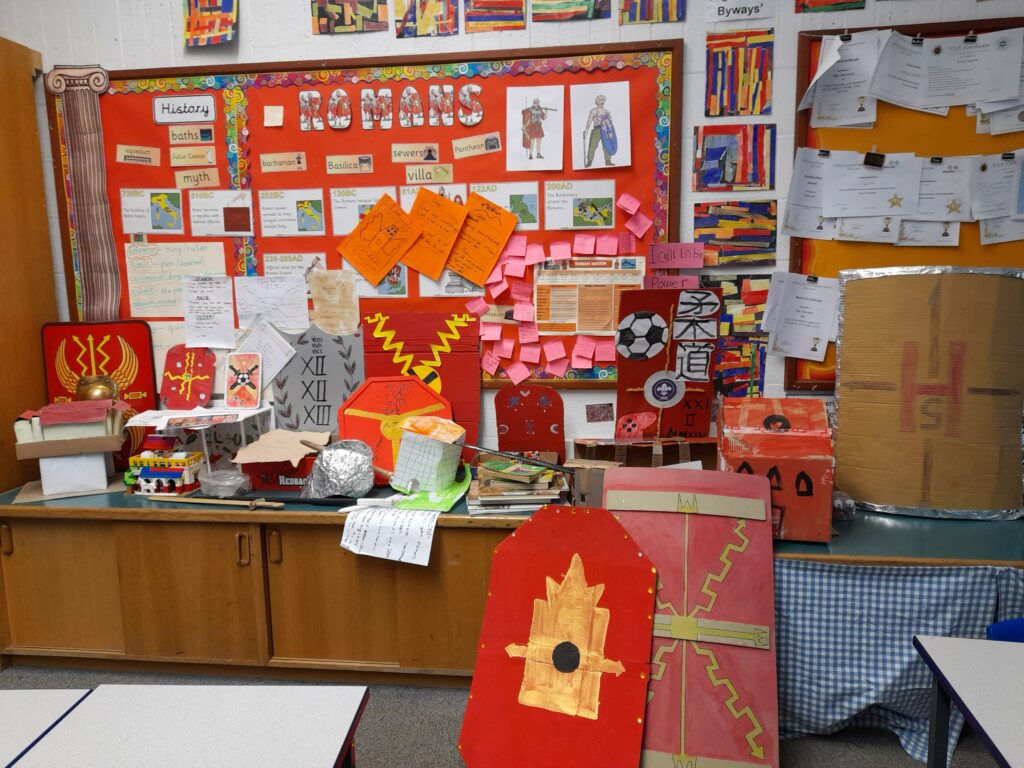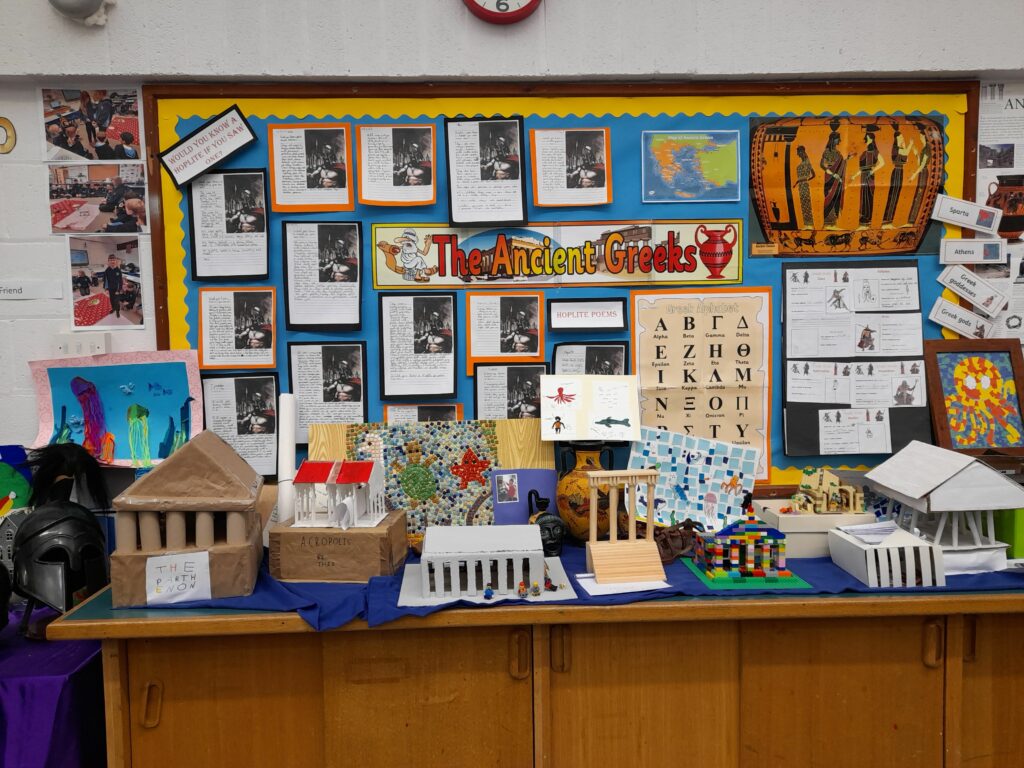In history we introduce children to historical personalities and events through stories, poetry, pictures and TV, at local, national and world levels. We use the children’s own lives and environment to make them aware of the passage of time. Children are encouraged to use documentary evidence to enhance their understanding and develop their historical skills. Parents and the local community play a very important part in the development of resources and artefacts for this area of work. We encourage all children to take part in field trips related to their topics.
Purpose of study
A high-quality history education will help pupils gain a coherent knowledge and understanding of Britain’s past and that of the wider world. It should inspire pupils’ curiosity to know more about the past. Teaching should equip pupils to ask perceptive questions, think critically, weigh evidence, sift arguments, and develop perspective and judgement. History helps pupils to understand the complexity of people’s lives, the process of change, the diversity of societies and relationships between different groups, as well as their own identity and the challenges of their time.
Aims
The national curriculum for history aims to ensure that all pupils:
- know and understand the history of these islands as a coherent, chronological narrative, from the earliest times to the present day: how people’s lives have shaped this nation and how Britain has influenced and been influenced by the wider world.
- know and understand significant aspects of the history of the wider world: the nature of ancient civilisations; the expansion and dissolution of empires; characteristic features of past non-European societies; achievements and follies of mankind.
- gain and deploy a historically grounded understanding of abstract terms such as ‘empire’, ‘civilisation’, ‘parliament’ and ‘peasantry’.
- understand historical concepts such as continuity and change, cause and consequence, similarity, difference and significance, and use them to make connections, draw contrasts, analyse trends, frame historically-valid questions and create their own structured accounts, including written narratives and analyses.
- understand the methods of historical enquiry, including how evidence is used rigorously to make historical claims, and discern how and why contrasting arguments and interpretations of the past have been constructed.
- gain historical perspective by placing their growing knowledge into different contexts, understanding the connections between local, regional, national and international history; between cultural, economic, military, political, religious and social history; and between short- and long-term timescales.
Attainment targets
By the end of each key stage, pupils are expected to know, apply and understand the matters, skills and processes specified in the relevant programme of study.
Subject content
Key stage 1:
Pupils should develop an awareness of the past, using common words and phrases relating to the passing of time. They should know where the people and events they study fit within a chronological framework and identify similarities and differences between ways of life in different periods. They should use a wide vocabulary of everyday historical terms. They should ask and answer questions, choosing and using parts of stories and other sources to show that they know and understand key features of events. They should understand some of the ways in which we find out about the past and identify different ways in which it is represented.
Pupils should be taught about:
- changes within living memory. Where appropriate, these should be used to reveal aspects of change in national life.
- events beyond living memory that are significant nationally or globally [for example, the Great Fire of London, the first aeroplane flight or events commemorated through festivals or anniversaries].
- the lives of significant individuals in the past who have contributed to national and international achievements. Some should be used to compare aspects of life in different periods [for example, Elizabeth I and Queen Victoria, Christopher Columbus and Neil Armstrong, William Caxton and Tim Berners-Lee, Pieter Bruegel the Elder and LS Lowry, Rosa Parks and Emily Davison, Mary Seacole and/or Florence Nightingale and Edith Cavell].
- significant historical events, people and places in their own locality.
Key stage 2:
Pupils should continue to develop a chronologically secure knowledge and understanding of British, local and world history, establishing clear narratives within and across the periods they study. They should note connections, contrasts and trends over time and develop the appropriate use of historical terms. They should regularly address and sometimes devise historically valid questions about change, cause, similarity and difference, and significance. They should construct informed responses that involve thoughtful selection and organisation of relevant historical information. They should understand how our knowledge of the past is constructed from a range of sources.
Pupils should be taught about:
- changes in Britain from the Stone Age to the Iron Age.
- the Roman Empire and its impact on Britain.
- Britain’s settlement by Anglo-Saxons and Scots.
- the Viking and Anglo-Saxon struggle for the Kingdom of England to the time of Edward the Confessor.
- a local history study.
One of our aims is to ensure we provide children with first hand and rich experiences, eg In KS1 the children visit the Transport Museum in Leyland and in KS2 there are visits to Jorvik in York, The Military Museum in Carlise, Hadrians Wall, The Titanic Museum in Liverpool, Walby Farm etc.
Helpful support for our curriculum
Ancient Egypt Ancient Greece Roman Britain Stone Age
Ancient Maya The Victorians WW2
Our Curriculum
What do our children think? – Pupil Voice
We value what our children think about History and monitor and evaluate their thoughts and comments to inform practice throughout the school.
Helpful Videos to start our History studies….

 015242 71334
015242 71334 admin@stmarys-kl.cumbria.sch.uk
admin@stmarys-kl.cumbria.sch.uk

